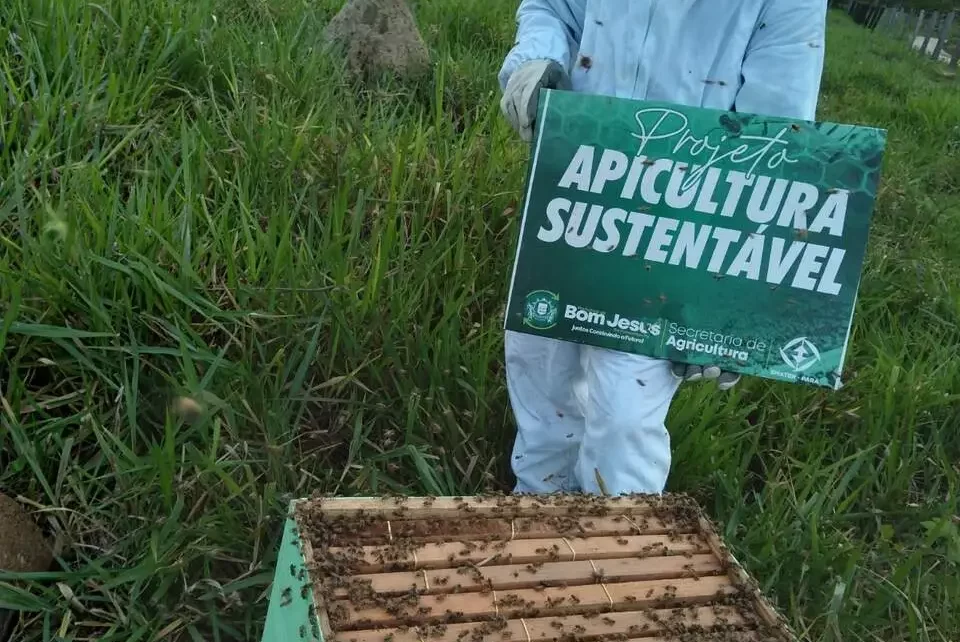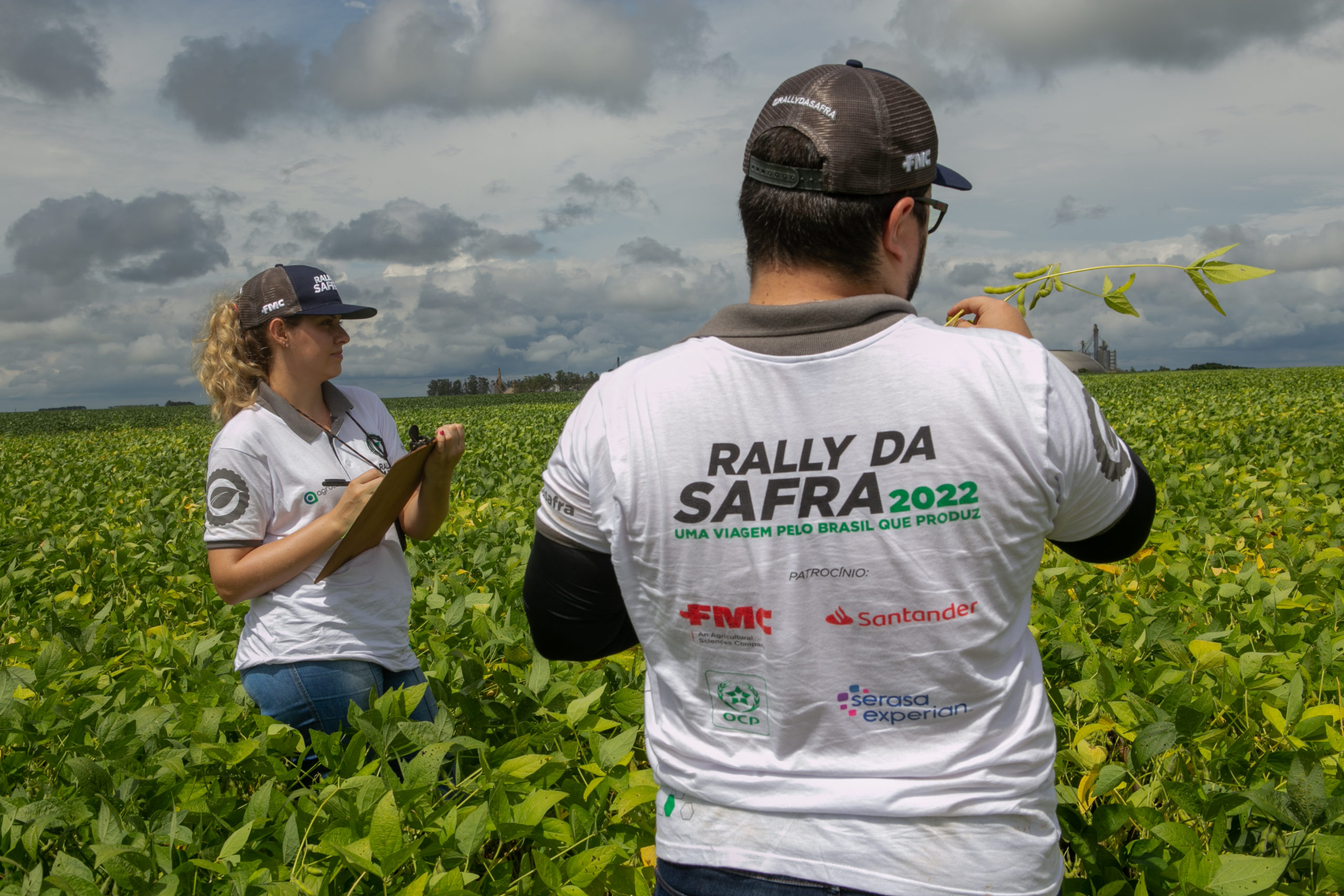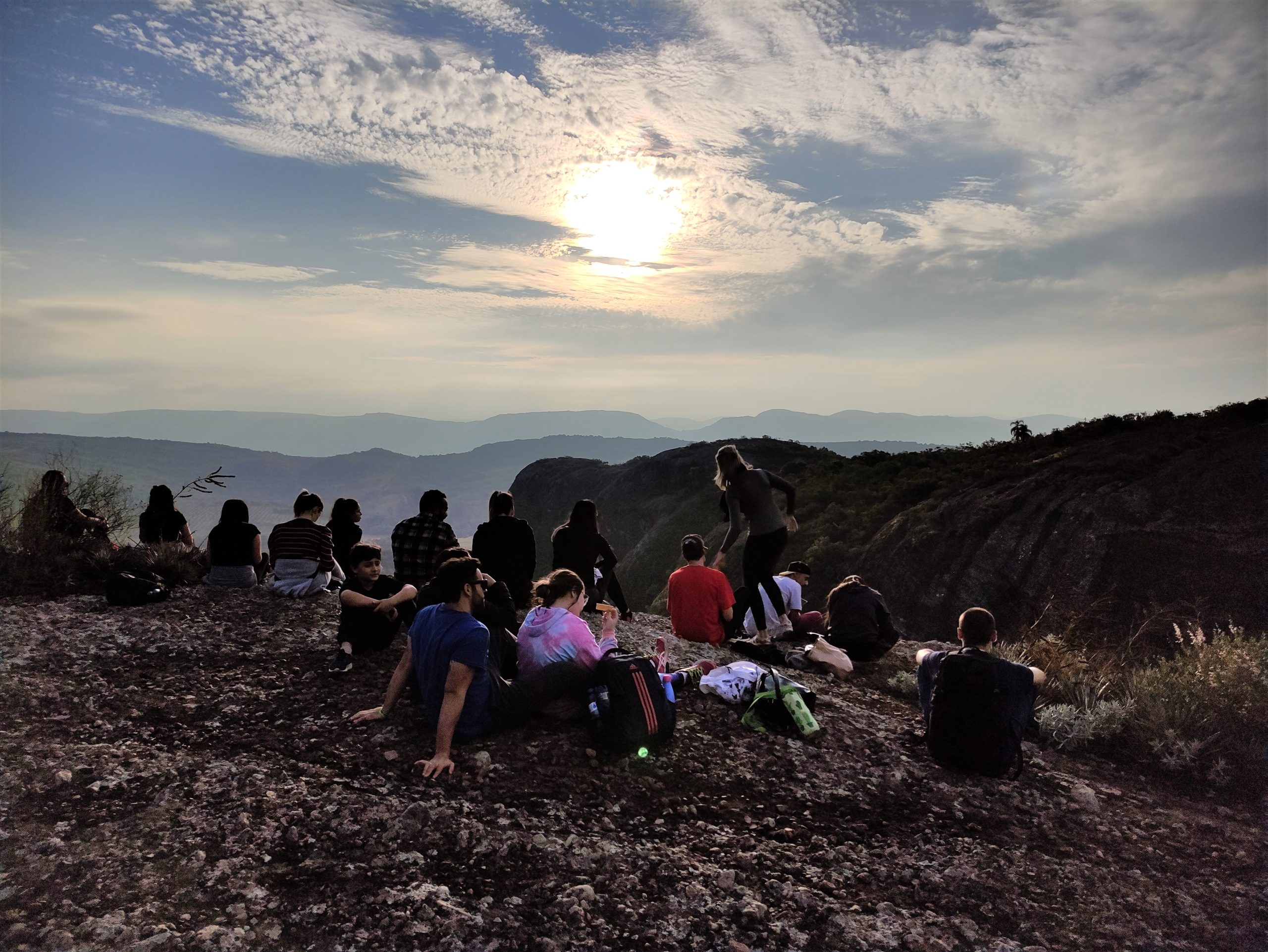Entity takes some of its initiatives for the conservation of bees and promotion of national beekeeping and also supports the participation of Brazilian researchers
Santiago (Chile) – The 48th Apimondia, the largest beekeeping congress in the world, takes place in Santiago, Chile, from today (4th) to next Friday (8th), and its central theme is the sustainability of the activity beekeeping and production of honey and other by-products.
Works developed in numerous countries will be presented and discussed, addressing topics such as global warming and the impact on beekeeping, diseases and pests, training and qualification, land use, pollination and biodiversity conservation, and apitherapy.
THE BEE . will be present taking some of its initiatives for the conservation of bees and promotion of national beekeeping. The entity is also supporting the participation of specialists in bees and agricultural pollination – in all, ten papers were selected for oral presentations and 20 for posters.
As usual, the ABELHA team will bring to the Brazilian public the main news presented in the official program of the scientific congress, in addition to interviews with researchers, representatives of beekeeping organizations and other participants of the event.
The central theme of the 48th International Beekeeping Congress (Apimondia 2023) is sustainable global beekeeping. “Beekeeping is becoming more and more challenging in our ever-changing world. Floods, fires, extreme weather conditions and unpredictable rainfall combine to make beekeeping a challenge,” says Jeff Pettis, President of Apimondia. “The relationship between beekeeping and the environment can be sustainable and profitable, even if climate change makes beekeeping more challenging.”
Ana Assad, executive director of ABELHA, believes that Brazil’s participation is fundamental, since this theme is related not only to the production of honey but also to many foods and the conservation of biodiversity. “The Apimondia debates are very relevant for our beekeeping, which has registered very strong growth in recent years, but is pressured by factors such as climate change, the land use model and the reduction of natural habitats that affect pollinators, biodiversity and the balance of our ecosystems.”
“On the other hand”, continues Assad, “our science has a lot to contribute to the dialogues for the development of sustainable beekeeping. Therefore, we are offering record support to promote the participation of Brazilian scientists and the dissemination of their research at the event.”
In all, 25 papers will be shared at the congress by 14 researchers specializing in bees and agricultural pollination. Among the knowledge presented, there are predictions about the impact of global warming on Amazonian bees and analyzes about the potential use of stingless bees for the production of blueberries and public policies for the conservation of pollinators.
Two projects led by ABELHA will be presented at Apimondia. One of them is the Atlas da Apiculture in Brazil , a platform with maps, tables and interactive graphs that allow quick consultation of the main available and updated information about the beekeeping chain in Brazil, with data from several official banks aggregated in a practical way, including number hives, honey production and agricultural crops of interest for beekeeping.
Another tool is the Knowledge gaps system on bees in Brazil , which allows pointing out the gap in diversity and geographic distribution of these insects in the country by comparing data from the Moure Catalog of Neotropical Bees with data available on the species Link network . The system indicates bee species whose geographical occurrence is indicated in the Catalog Moure, the largest taxonomic source of bees in Brazil and the Neotropical region, but which do not have collection records in that State in the species Link network, one of the main data platforms on biodiversity in the Country. Such information is useful to guide future cataloging efforts and new collections, contributing to public policies.
ABELHA will also participate in the contest promoted by Apimondia, in the category of books of interest to bee breeders, with the work Bees without sting relevant to meliponiculture in Brazil , a compilation of the catalog files of 60 species of stingless bees, selected from of the National Catalog of Native Stingless Bees, published by ICMBio, due to its relevance for meliponiculture. The e-book is an ABELHA initiative, in collaboration with Embrapa Meio Ambiente and the University of São Paulo (USP), authored by researchers Cristiano Menezes, Denise Alves, Daercio Lucena and Eduardo Almeida.
On the BEE website . is the agenda of all the presentations carried out or supported by ABELHA at Apimondia 2023. There it is also possible to follow the interviews with several researchers and beekeepers participating in the event, also on our YouTube channel and profiles on social networks.
On the Apimondia 2023 website it is possible to download all information about the congress, including the complete scientific program .
(*) With information from BEE



